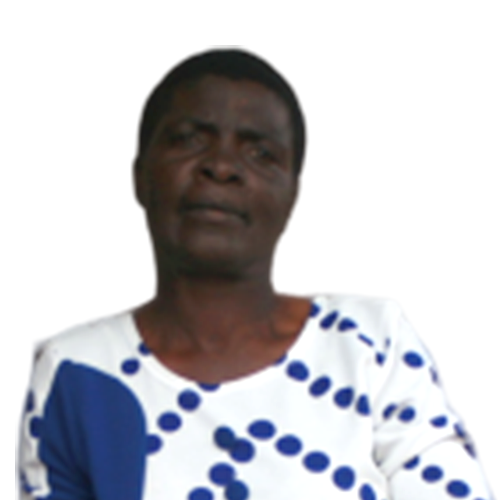
Loveness January, First aid officer
“The situation is difficult for many people, but it is better for me because I have a job. If I was not working, things would be worse.”
Loveness’ story
Loveness January is a 52-year-old widow who lives in Seke communal lands in Mashonaland East Province, roughly 50 kilometres from Harare. Her husband died in 2008 leaving her with two twins to raise who are in secondary school.
She works as a first aid assistant at a solar company where she earns ZWL400 ($25). Her salary is sent via mobile money to her phone, which means she has to pay a two percent tax on each transaction, further eroding her income.
“I want my children to further their studies, to eat good food, but the situation is so bad that we have resorted to having two instead of three meals a day,” she says. “We have stopped buying non-essentials like sugar.”
Loveness walks to work, which is roughly three kilometres from her home, to save a little more money.
Gardening and livestock rearing typically provide extra income for people in the communal lands, but this year has been particularly bad due to drought. Loveness’s well dried up, her maize crop failed, and she lost her three cattle to red water disease. She was forced to sell the remaining four goats to raise the exam fees for her two children.
Loveness doesn’t anticipate the economy will improve any time soon, and sees further hardship ahead. “The rainy season is upon us, but I can’t afford to buy seed or fertiliser,” she says.

